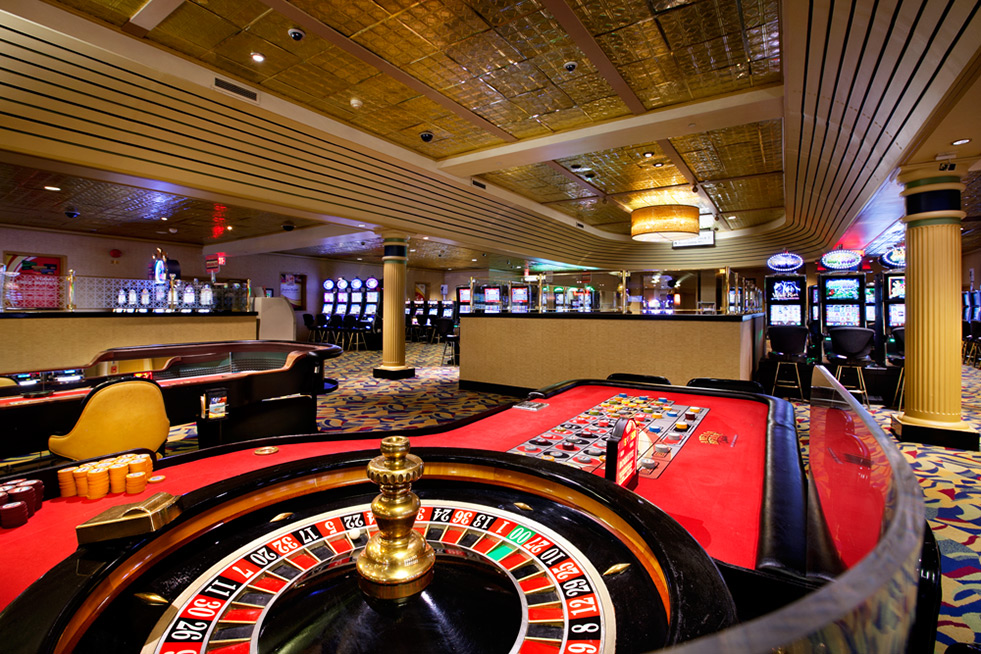
Casino entertainment have long been a staple in human culture, offering not just entertainment but a fascinating reflection of our dreams, wishes, and anxieties. From the spinning reels of a slot machine to the tactical play of poker, these games represent a variety of human feelings and events. At their core, casino games are more than a chance to earn cash; they are a microcosm of life itself, where danger and gain intertwine and luck can change in an eye blink.
As players assemble around tables or sit in front of brightly lit machines, they take part in a ceremony that transcends mere betting. These games reflect our natural desires for relationships, excitement, and the pursuit of luck. They also reveal deeper truths about human nature, such as our relationship with chance and the adrenaline of the unknown. In exploring casino games, we discover not only the mechanics of play but also the complex weave of the human journey, showcasing our woven narratives of hope and reality.
The Mind Behind Gambling
Gambling is deeply rooted in the psyche of individuals, tapping into various feelings and wants. The excitement of risk-taking is a core aspect that draws players in, whether it’s thrill of spinning a roulette or the anticipation of drawing a winning card in poker. This rush of adrenaline is frequently likened to other forms of excitement, as the uncertainty of outcomes triggers a unique psychological response. Gamblers often find themselves captivated by the chance of striking it rich, leading to an almost magnetic draw toward casino games.
Another, a crucial component of the psychology behind gambling is the concept of hope and ambition. Players often nourish fantasies of financial freedom and the luxurious lifestyle that can accompany winning. This optimism fuels their continued participation in gambling, as it provides a sense of purpose and the conviction that a transformative win could be just one bet away. The story of beating the odds and achieving success resonates with many, reinforcing their dedication to play and involve themselves with these games.
Finally, social dynamics play a crucial role in gambling psychology. Gambling venues are designed to foster social interaction, where players gather to share the experience of wins and losses. This shared aspect not only enhances enjoyment but also affects behavior, as individuals often imitate the actions of others around them. The collective approval found in shared excitement can magnify the emotional experience, making casino games a mirror of not just personal desires but also collective engagement within the gambling community.
### Risk and Reward: A Double-Edged Sword
Gambling activities embody the delicate balance between danger and reward that resonates profoundly with the human experience. The excitement of placing a wager is often accompanied by a jolt of energy, as participants are confronted with the chance of a huge payout, yet fully aware of the possibility to suffer losses. This twofold experience reflects a essential aspect of life: the paths we choose often come with intrinsic risks, and the quest for benefit can drive us to take chances we might not typically consider. In this way, gambling activities reflect real-world choices, enticing players to risk not just their money, but also their dreams.
The allure of big prizes and payouts fuels a sense of optimism, inspiring players to envision a better future that could arise from a fortunate turn of the roulette or flip of a card. This hope can drive individuals to engage in greater risks, urging them to extend their limits in search of monetary success. However, just as in life, the results of these risks can lead to both victory and despair. The narratives of both big winners and those who have suffered everything at the casino demonstrate the unpredictable nature of chance and its significant impact on our existence.
Ultimately, the interaction of engaging with casino games serves as a strong reminder of the human condition. gambling sites no verification Every game played is imbued with the tension of ambiguity, as gamblers weigh the rewards against the dangers. This dynamic not only highlights the excitement that comes with gambling but also unveils the vulnerabilities that come with the desire for more. As we navigate the challenges of decision-making and results in both the gambling world and in life, we find that the pursuit of risk and reward shapes our sense of self and experiences in profound ways.
Community and Solitude in Casino Environment
Casino environment is a unique combination of communal interaction and personal pursuit, reflecting the tensions of human experience. Players often come together around games, sharing in the thrill of the action, celebrating wins, and commiserating over losses. This communal aspect is essential, as it fosters a sense of belonging and camaraderie among diverse groups of people. Regular attendees to casinos may form friendships and establish routines, turning the gambling venue into a second home where they feel linked to a larger community of gamblers.
However, the attraction of casino games can also lead to isolation. As players become immersed in the thrill of playing, they may withdraw from personal relationships or fail to interact with the world outside the gaming space. For some, the pursuit of a windfall can distract from real connections, leading to loneliness. The experience of being surrounded people yet experiencing solitary is not rare, as the focus shifts from shared enjoyment to the individual concerns of each player’s path.
This interplay of society and isolation creates a vivid tapestry that defines casino atmosphere. It showcases the intricacy of social interactions, where happiness and despair coexist. Casinos serve as both a refuge for social interaction and a platform for individual struggles, demonstrating how deeply entwined our desire for connection and the individual quest for fortune can be. In navigating this landscape, gamblers confront their own narratives—seeking both the thrill of the wager and the fellowship of fellow players, eventually reflecting the wider spectrum of human experience.